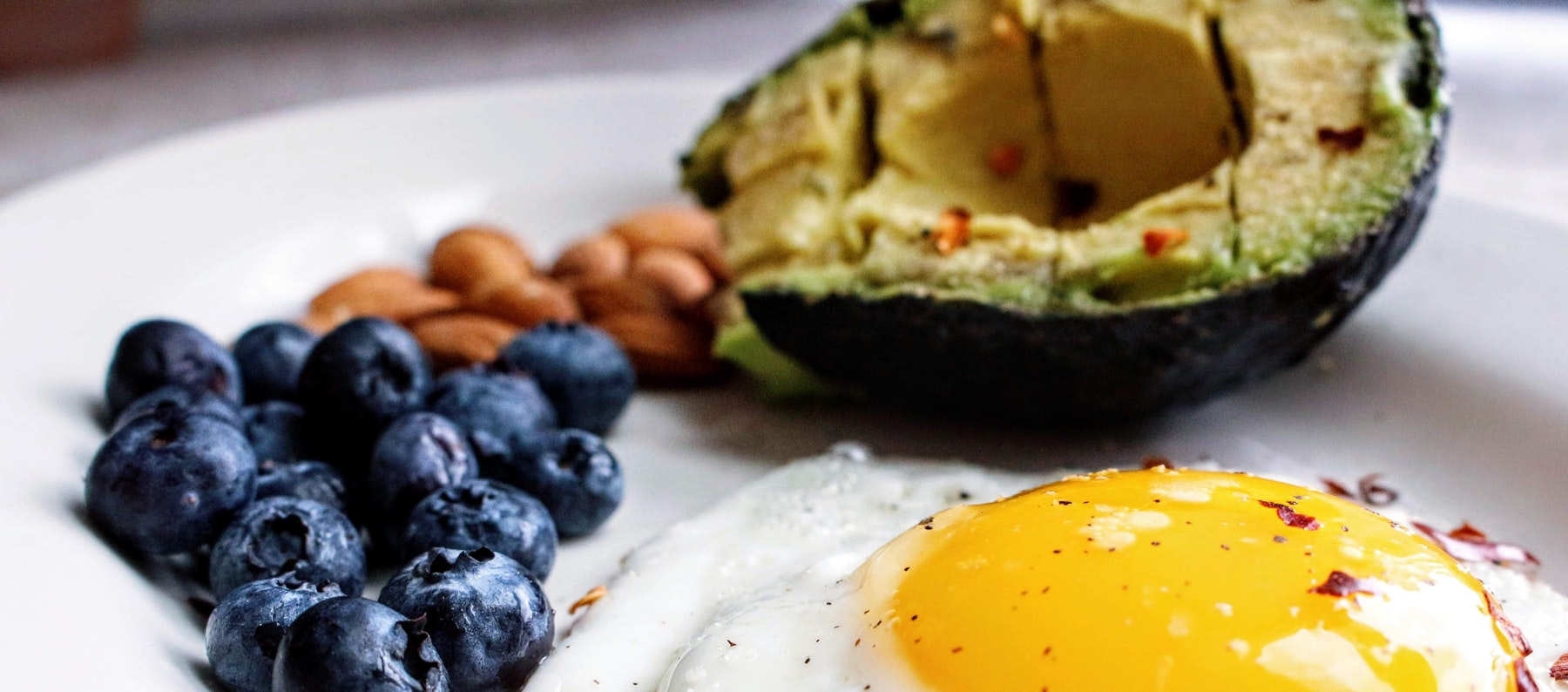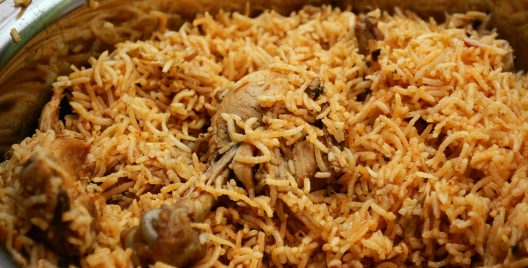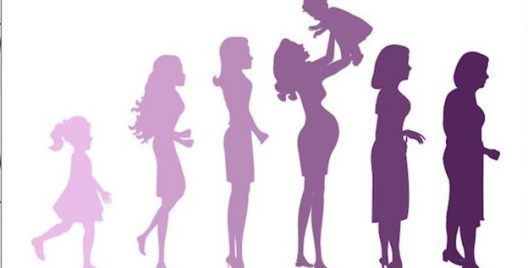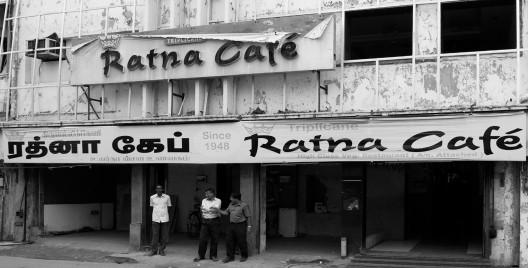The Ketogenic or the Keto diet is therapeutic, there are no cheat days here. Keto is largely fat based and is very useful in curing epilepsy, nervous disease and tumours. The Keto diet comes to use when everything else fails. Medical assessment by a physician is very important before starting this plan.
Pros
- It reduces insulin levels (and inflammation).
- It possibly leads to weight loss.
- You’ll end up eating more (hopefully healthy) fat.
- It’s a great way to detox from sugar.
Cons
- It can be quite difficult to follow.
- Many people end up eating fats that aren’t so healthy
- It may not promote significant long-term weight loss.
- You won’t be eating a lot of fibre that are heart-healthy, gut-healthy and satiating.
- Recent study shows that cheat days during Keto diet may cause damage to the blood vessels.
Pegan diet
The Pegan diet is a combination of the Paleo diet and veganism as it is a primarily plant-based diet. Those who follow this kind eat various kinds of fruits, vegetables, nuts, seeds, meat, fish and eggs. This diet strictly restricts sugar, legumes, dairy and processed foods.
Pros
- The Pegan diet recommends that most of your diet should be made up of fruits and vegetables. That’s a great start considering how most people don’t eat enough of these nutritional powerhouses that fight-diseases, contain essential micronutrients and provide fibre for a healthy gut.
- It also has a focus on healthy fats like oily fish (like salmon or tuna), nuts, seeds and avocado – and that’s good news for the health of your heart and brain.
- You are allowed to have a mixture of plant and animal-based proteins, including small amounts of meat, fish and eggs.
Cons
- The Pegan diet also advocates for going gluten-free
- Legumes are another super healthy food to limit – beans, lentils and chickpeas are brimming with health perks, and we would all benefit from eating more of them.
- Last but not the least, you’re not allowed to have dairy on the Pegan diet either, which can make it hard for you to get enough calcium.














